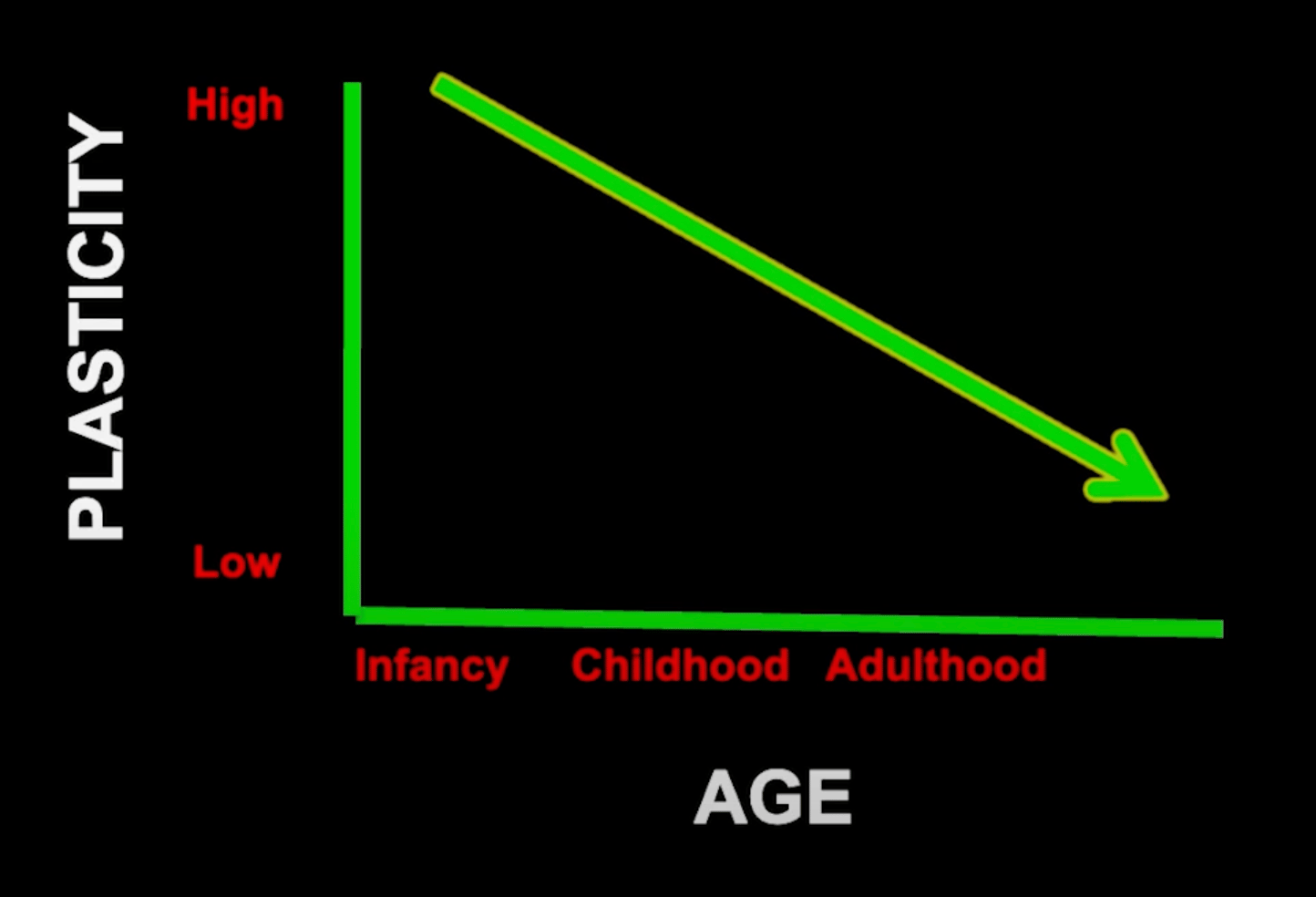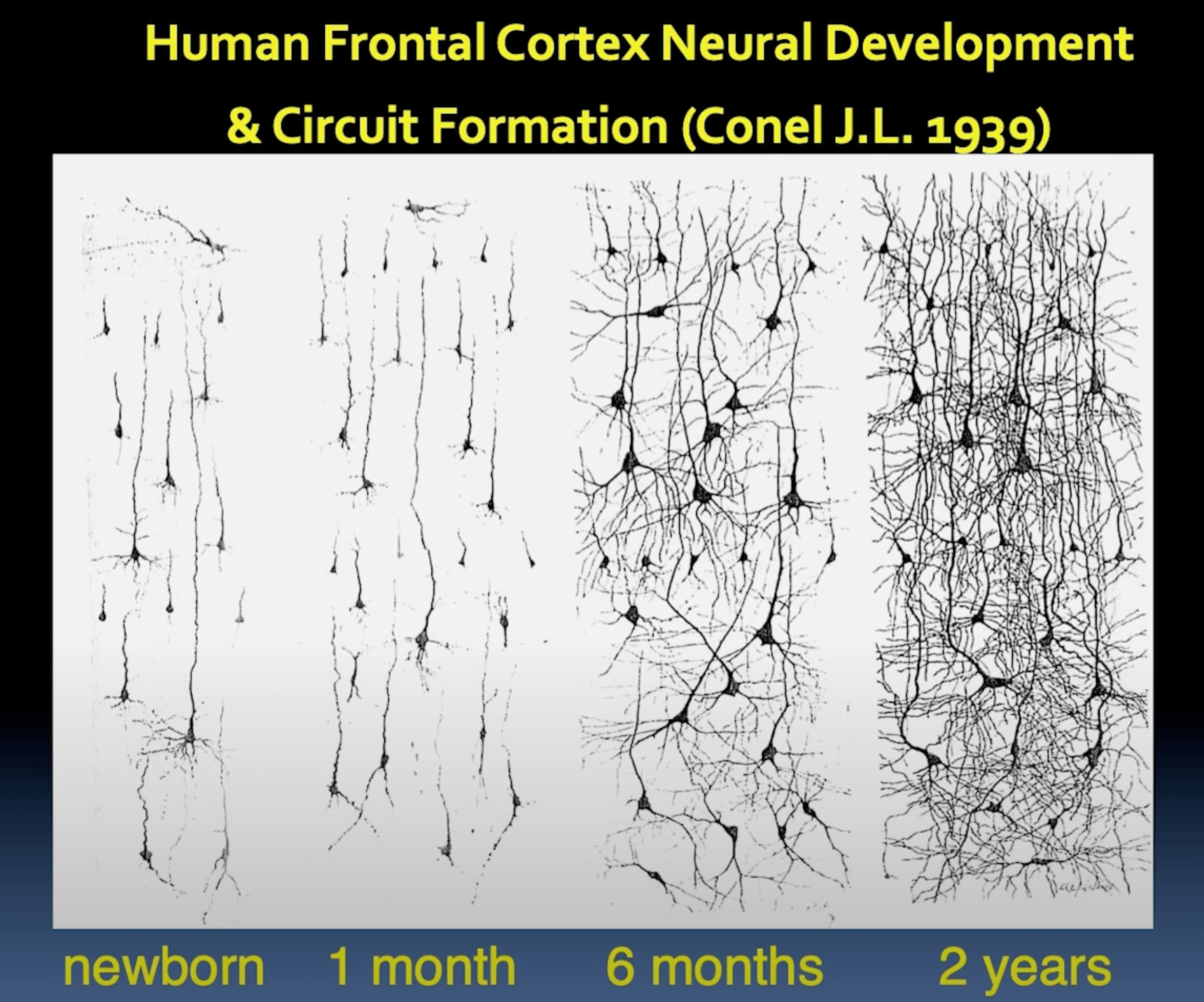- Agenda+Health by Piyush Sanduja
- Posts
- Company Deep Dive: Get Set Early
Company Deep Dive: Get Set Early
Autism Detection MedTech for Paediatricians | ASD Landscape | Dr Karen Pierce (UCSD) | Neuroscience & Autism | Protocol, Efficacy & Evidence | Butterfly Learnings | Upcoming Podcast
Indian MedTech|AI Innovation: Get SET Early
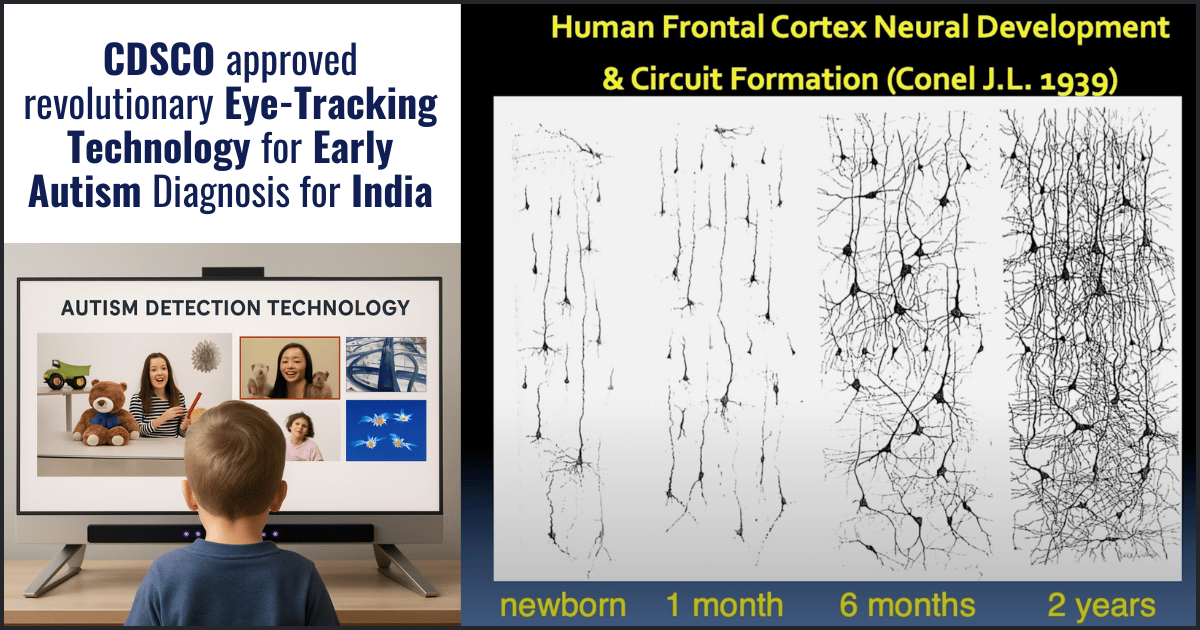
In Agenda+Health’s 1st deep dive, we uncover the urgent crisis of delayed ASD (Autism Spectrum Disorder) diagnosis in India affecting over 18 million children and spotlight Get SET Early, the pioneering & CDSCO approved Non-Invasive Eye-Tracking technology from Dr. Karen Pierce (UCSD) and Butterfly Learnings, empowering paediatricians for transformative early interventions even within the 1st year itself.
Backed by rigorous global research and tailored for India's diverse healthcare landscape, this innovation promises to -
Bridge Diagnostic Gaps
Reduce long-term Costs for Parents
Enhance Patient Outcomes for Paediatricians
Being a Doctor, would you like to take a demo of this technology:
You can also join our PREMIUM WhatsApp Community made for Paediatricians, Parents & Schools. Click WA Community
Welcome to all the supporters of Agenda+Health, here’s is what to expect:
How BIG is the problem of Autism in India?
Pediatrician Perspective: Constraints for Early Diagnosis
Get SET Early - MedTech Platform for ASD with CDSCO Approval
Protocol | Efficacy | Evidence
For Pediatricians: Science & Integrated Workflow
ButterFly Learnings: Founders’ Vision & Why?
Upcoming Podcast: Aarthi Scans | Dr. Arunkumar Govindrajan
Read time: 5 minutes
1) How BIG is the problem of 'Autism in India'?
In bustling pediatric clinics of urban Mumbai or resource-strapped rural health centers of Uttar Pradesh, a silent crisis unfolds: delayed diagnosis of Autism Spectrum Disorder (ASD).
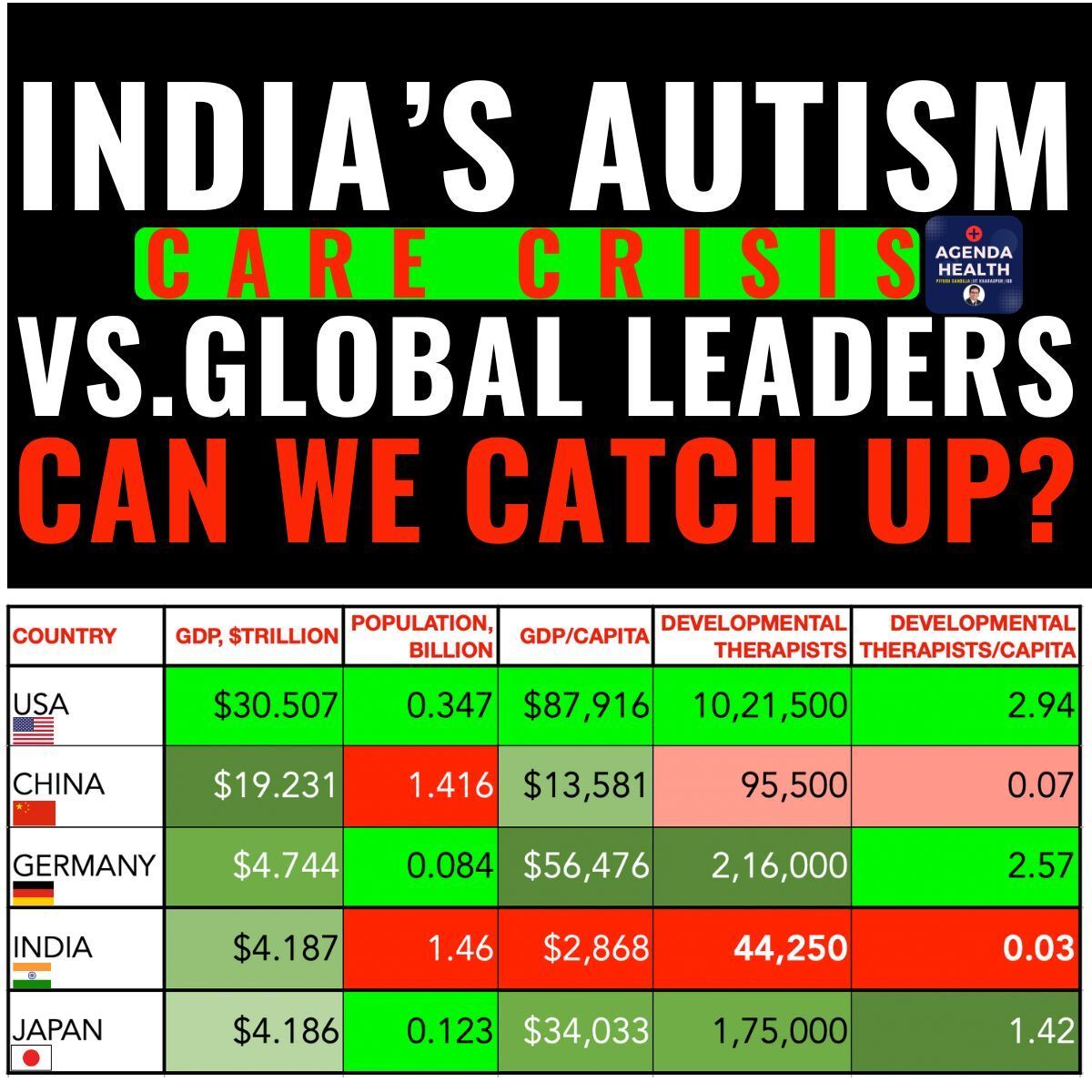 | With prevalence of 1 in 68 children and over 18m affected nationwide, ASD is a major public health challenge where early intervention alters life trajectories.
With 2-3 year diagnostic lags due to Aimited Awareness, Cultural Stigmas, Lack of Therapists and Overburdened Systems. |
As a Paediatrician, you would have likely seen cases like Toddlers with atypical Social cues lacking Objective TOOLS to diagnose for early intervention.
Rural areas report twice the ASD risk versus tribal regions while urban inequities worsen access. Delays hinder outcomes and impose lifetime costs exceeding ₹1 crore per individual.
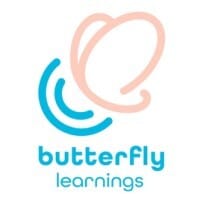 Butterfly Learnings | This deep dive explores Get SET Early, a MedTech Platform for ASD by Butterfly Learnings, a technological solution for enabling early diagnosis of ASD. |  Get Set Early |
This deep dive includes Efficacy, Protocol and Technology brief, insights addressing common concerns, and ease of adoption.
For more deeper learning, you can join WhatsApp Community made for Paediatricians and Parents. Click WA Community
2) Pediatrician Perspective: Constraints for Early Diagnosis of ASD
The initial screening for ASD is a quick, preliminary check, often done using a questionnaire like the M-CHAT. If a child gets a "Screen-Positive" result, it means the screening tool indicates they are at a higher risk for ASD and should be referred for a more comprehensive evaluation by a specialist.
Paediatricians often skip referrals post Screen-Positive. Instead of sending the child to a specialist immediately, the paediatrician decides to monitor the child's development over the next few months to see if the concerning behaviours persist or resolve on their own.
BUT Early Detection is CRITICAL for a child to access THERAPIES that are most effective at a young age.
Parent concerns influence decisions but lack objective examination in large samples.
While what parents tell doctors is important and can influence a referral, this information is often not supported by large-scale, systematic studies. Parent reports are subjective and can be inconsistent.
This makes it difficult for doctors to rely on them alone for a definitive diagnosis, leading to a hesitation to refer the child to a specialist.
Other than this, there are a lot of other Logistical barriers pertaining to INDIA:
Scoring time: Screening tools can be time-consuming to score, which is a problem for busy paediatricians.
Referral uncertainty: Doctors may be unsure of where to refer a child, or there may be long waitlists for specialists.
Doubts on tool efficacy: This is a major concern. Doctors question how well the screening tools work for children with varying characteristics.
If you are a Pediatrician / GP, running a clinic or a hospital, we would love to hear your anecdotes, observations and experiences regarding ASD diagnosis. Join the WhatsApp Community to interact or learn from other doctors and parents too.
3) Get SET Early - Revolutionary MedTech Platform for ASD
Get SET Early is an Eye-tracking based MedTech platform, by Butterfly Learnings. It uses advanced sensors to analyse young children's (12-24 months) gaze patterns, identifying ASD biomarkers with >95% specificity, cutting assessments from weeks to minutes.
Tailored for diverse settings like AIIMS Delhi to Kerala clinics, it enables early interventions saving millions in care costs, backed by U.S. research linking visual deficits to brain development alterations.
 | Dr. Karen Pierce, Neuroscientist at UC San Diego and Director at Autism Center of Excellence , revolutionised early ASD detection via eye-tracking. With 100+ publications and awards like NIH Merit (2023) and Donald F. Tuzin (2024), her Get SET Early Model advances 12-month biomarkers. |
In 2011, Dr. Karen Pierce assembled a network of 137 paediatricians throughout San Diego to screen for AUTISM at well-baby check-ups starting at age 12 months, 3 years earlier than the average age of diagnosis.
Dr. Karen points out that the plasticity of our brain decreases with change. It means that Our ability to change and resculpt Neuro-Connections decreases with age. The frontal cortex neural circuitry, which governs social interaction, speech, and language, undergoes critical development from birth to about two years of age. |
The neurons responsible for these functions are highly plastic during this period, meaning they are exceptionally adaptable and responsive to environmental input. Therefore, it's crucial to intervene before this circuitry becomes fully hardwired, as waiting can make meaningful change very difficult or even impossible. |
This eventually formed the foundation for her Get SET Early model, which provides a mechanism for the early detection and treatment referral of toddlers with ASD and to examine eye tracking and brain imaging as tools for early biomarker discovery very early in development.
Butterfly Learnings brings this technology to India, optimizing workflows with CDSCO approval.
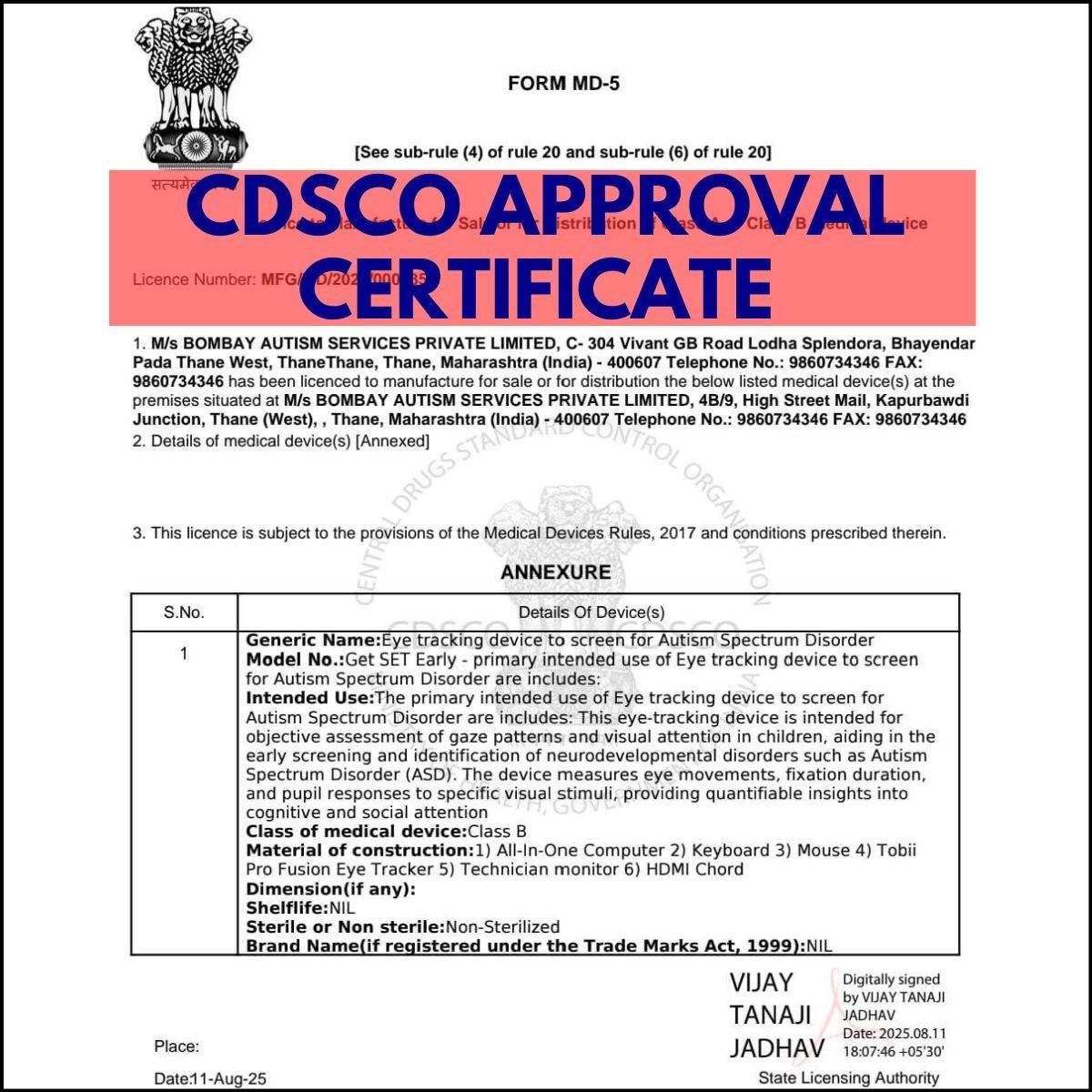 CDSCO Approval for Get SET Early Eye tracking Device granted to Butterfly Learnings (BOMBAY AUTISM SERVICES PRIVATE LIMITED) | The model ("S" Screen, "E" Evaluate, "T" Treat) uses repeat screening at 12, 18, 24 months of a child age. Eye-tracking quantifies SOCIAL-ATTENTION reliably over Genetics, revealing ASD differences like -
|
It integrates 6-TESTS for Visual/Auditory Assessment via split-screen stimuli. Multi-test approach yields 100% SPECIFICITY with early interventions for the age of <2-years resulting in a boost of social/language skills by 33%.
This model tracks factors influencing diagnosis-treatment chains, like paediatrician non-referrals and parent concerns.
Intrigued by its potential?
As a Paediatrician, you might want to know about how it works in Practice. With this brief Introduction, You may already have an intuitive understanding of how the product enhances the Patient outcomes and better business opportunities but would like to interact with the Get SET Early team to get the Right Picture in your mind.
Now, Let us Dig Deeper…..
4) Protocol | Efficacy | Evidence
The protocol starts with Digital Screening at well-baby visits to flag risks, followed by Eye-Tracking REFERRAL for confirmation.
A Total of 6 1-2 minute TESTS are performed through a monitor in front of a child (on parent's lap):
Visual: GeoPref (62sec, Geometric Vs Social Images for Non-Social preference)
Complex Social (95sec, Nuanced Interactions)
Outside Play (72sec, Fractals Vs Group Scenes)
Joint Attention (93sec, Gaze to shared cues like Pointing)
Auditory: Motherese vs. Highway (61sec, Gaze-activating infant Speech Vs Sound of traffic Noise)
Auditory: Motherese vs Techno (58 seconds, Gaze-activating infant Speech vs. Neutral techno Sounds for Social preference)
Sample Images of Visual and Joint Attention Tests
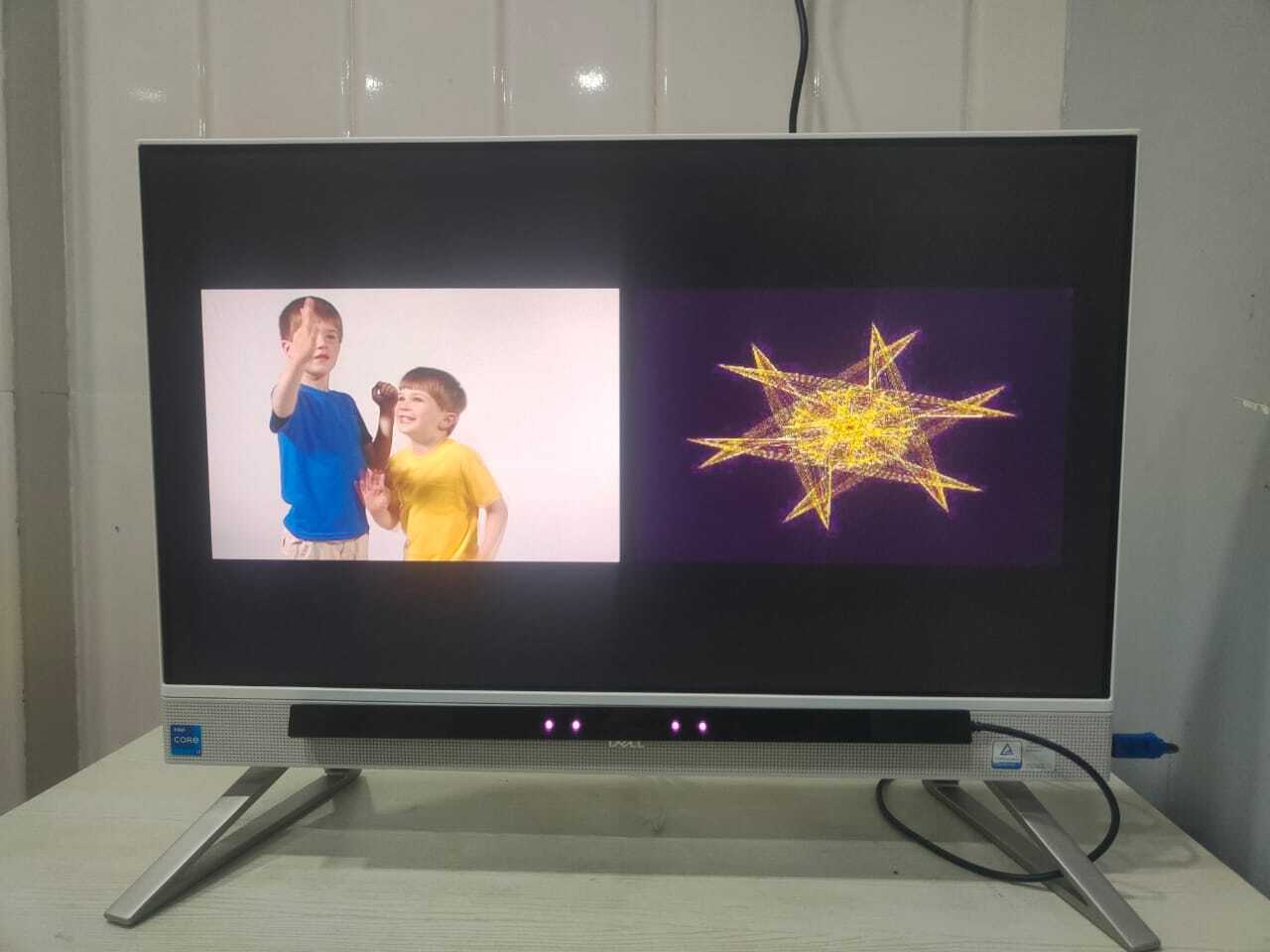 Visual Test | 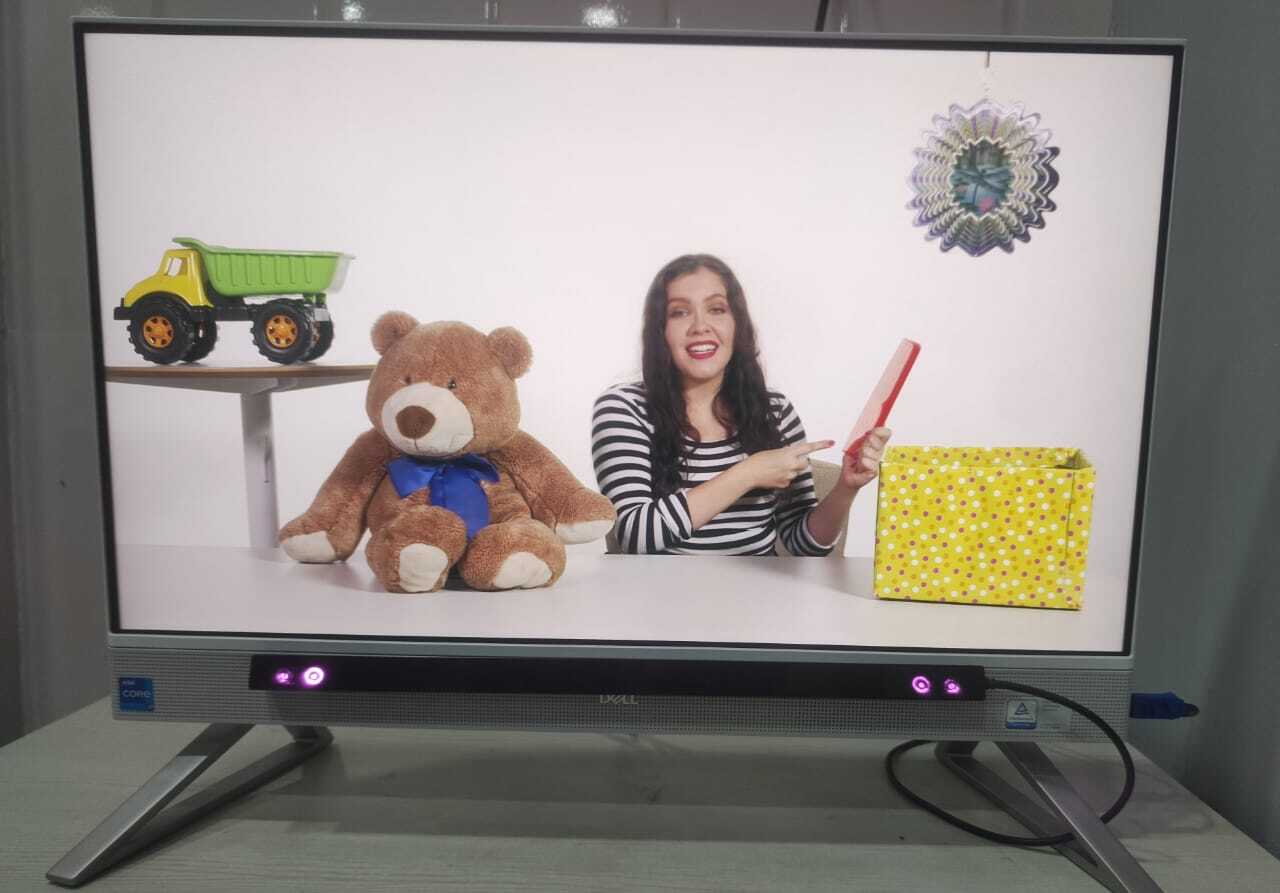 Joint Attention Test |
A short summary of Evidence and Efficacy
110-infant study showed ASD preference for Geometrics is 69%+ as compared to Social images, 95%+ specificity in 441-case follow-up, minimising false positives.
Sensitivity: 17-29% for single-test (ASD heterogeneity) which rises to 81-100% PPV combined test methodology (Get SET Early).
203 Paediatricians screened 57,603 toddlers (1% ASD prevalence); medians 19/15 months evaluation. Half of 897 evaluated diagnosed ASD; parent concerns doubled referrals, +37% diagnosis rate.
GeoPref 100% accuracy >70% preference; auditory tests predict via <30% motherese attention.
San Diego pilot study: 74% treatment by 22 months, 33% IQ/language/social gains vs. stagnant trends.
5) For Pediatricians: Science & Integrated Workflow
Q&A for Clinicians:
"What is the science behind Get SET Early?"
It uses eye-tracking and deep learning to analyze gaze patterns as ASD biomarkers. Measuring social vs. non-social engagement provides objective data for accurate early diagnosis.
"How does it fit my workflow?"
Seamless: 1-2 minutes non-invasive tests (child watches movie); automated results reduce lag, minimizing child/parent stress in pediatric settings.
"How does it improve patient care?"
Lowers diagnosis from 4 years to 12 months, enabling interventions influencing brain development for better long-term outcomes, every child deserves this start.
To Learn more from other Doctors and Parents
6) ButterFly Learnings: Founders’ Vision & Why?
The non-invasive eye-tracking tool at the core of Get SET Early serves as a vital bridge, connecting initial parental concerns to formal diagnoses and enabling swift access to therapies during these critical brain development periods, ultimately offering children the best possible chance at positive, long-term outcomes.
Butterfly Learnings embodies this vision on the ground in India, having served 1,000s of families through Personalised ABA therapies and holistic Neuro-Developmental support across its 75+ Centers. The company's founders are inspired by real-world testimonials of transformation, such as a toddler who, after early screening and intervention, began forming full sentences and engaging socially for the first time.
Dr. Pierce’s focus on early action, rooted in decades of UC San Diego research, aligns seamlessly with Butterfly Learnings's mission to adapt and localize this technology for India's diverse contexts, ensuring equitable access in urban hubs like Mumbai and rural areas like Uttar Pradesh.
Together, this collaboration not only advances science but fosters hope, empowering pediatricians and hospitals to make a lasting difference in families' lives.
Interested in Integrating Get SET Early into your Practice??
6) Agenda+Health - Our Latest Podcast:
Aarthi Scans | Dr. Arunkumar Govindrajan
Our next podcast is with Dr.Arunkumar Govindarajan, son of Mr.Govindarajan V, Founder: Aarthi Scans & Labs, 🇮🇳's biggest Radiology Diagnostic chain.
Dr. Arun is a Radiologist himself and The Executive Director at Aarthi Scans. You can watch the full video on our Youtube Channel.
This podcast touches upon the really critical points such as:
Transitioning to 2nd generation while maintaining legacy intact.
Building a sustainable and profitable business without Private Equity.
Building an integrated Diagnostic Chain without Doctor Referral.
Future of AI in Healthcare and Rafiology
Hope you had a good read!! Thanks for your time!😃
We would get back to you with our next Newsletter soon.
Warm Regards From Agenda+Health
PS: Dr. Karen Pierce on the future of Autism Diagnostics
PS: Podcast with Dr. Sonam Kothari, Founder: Butterfly Learnings
